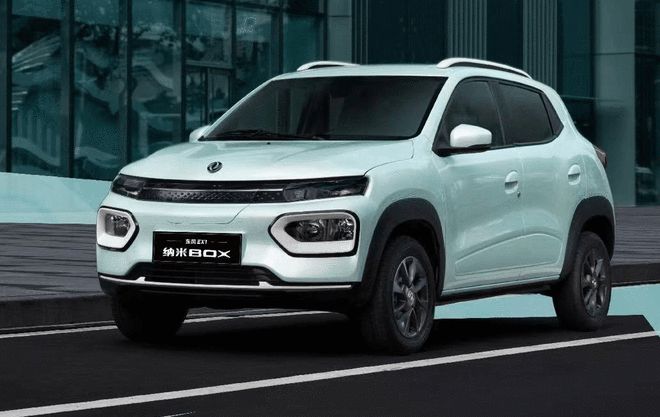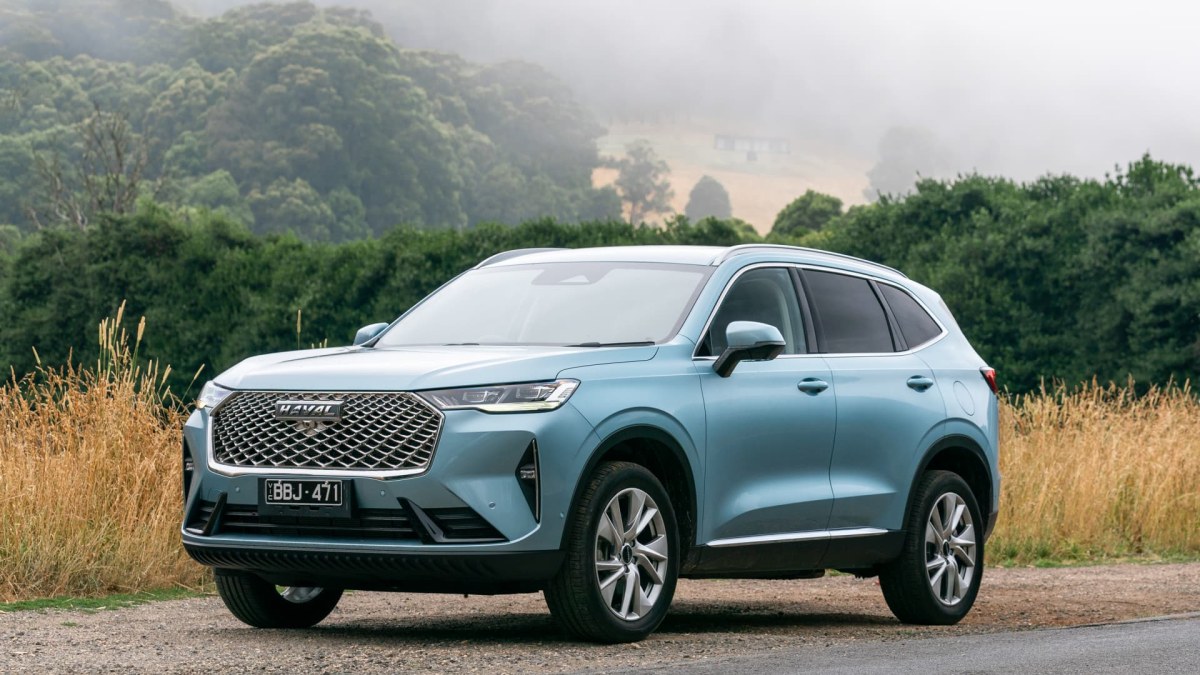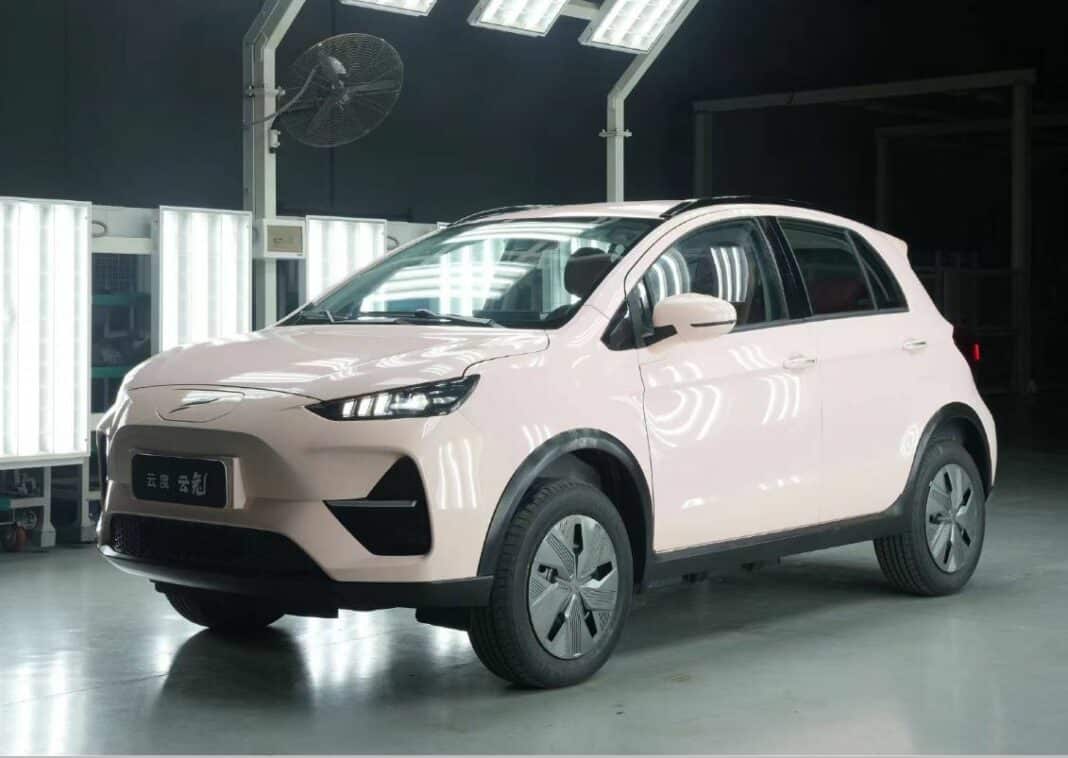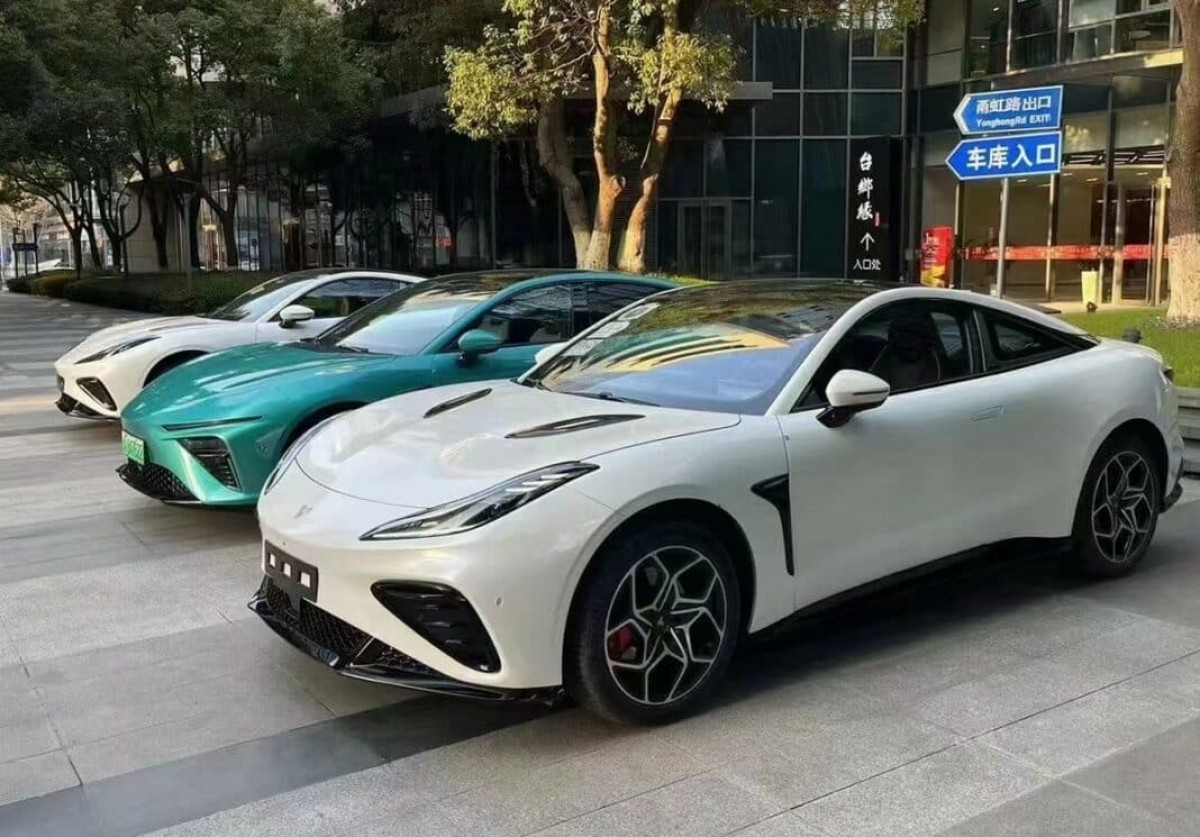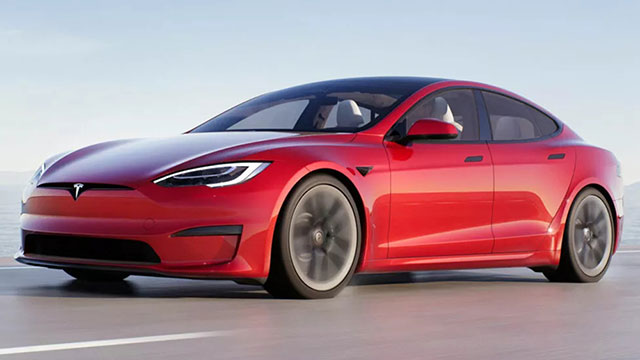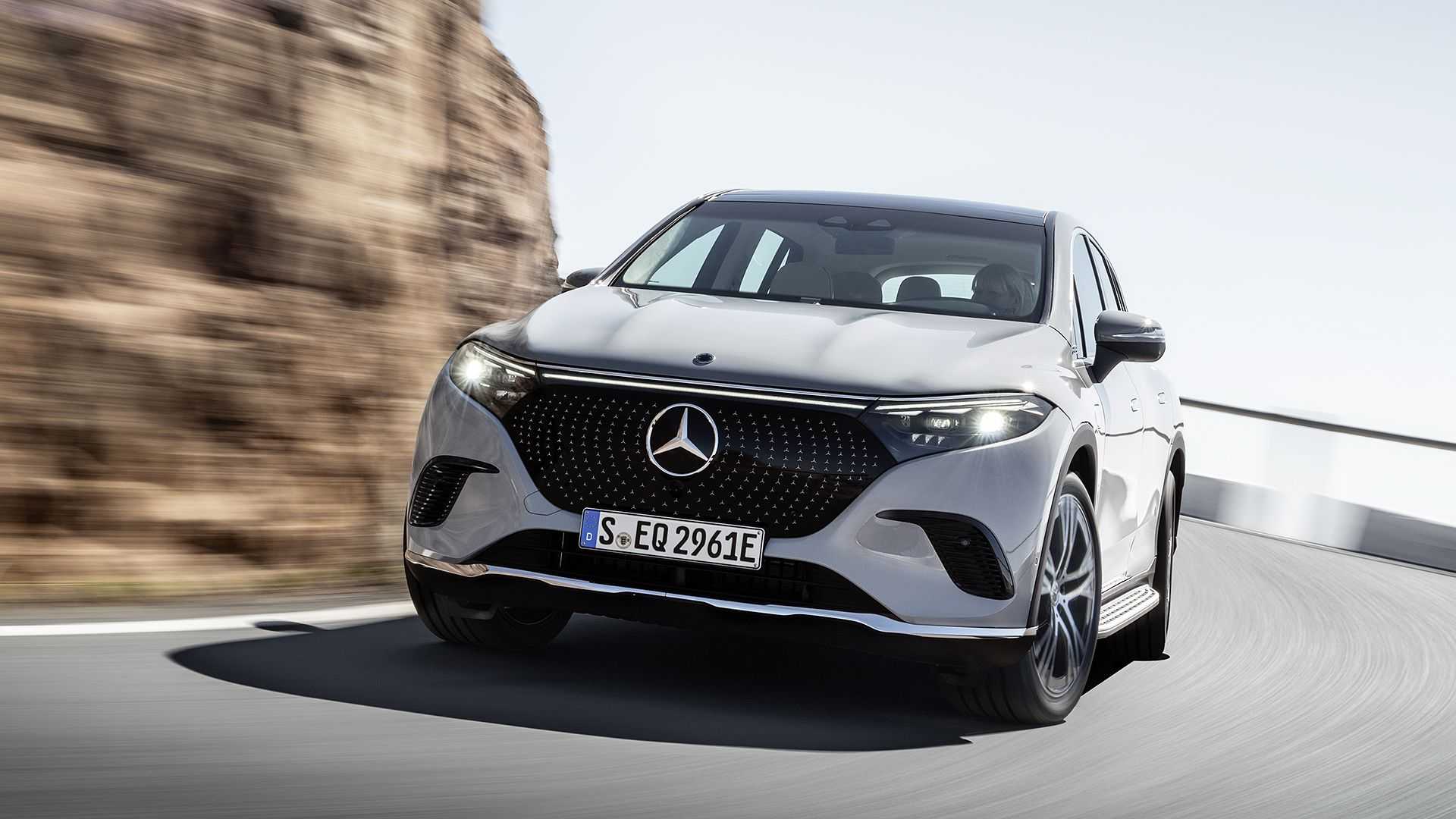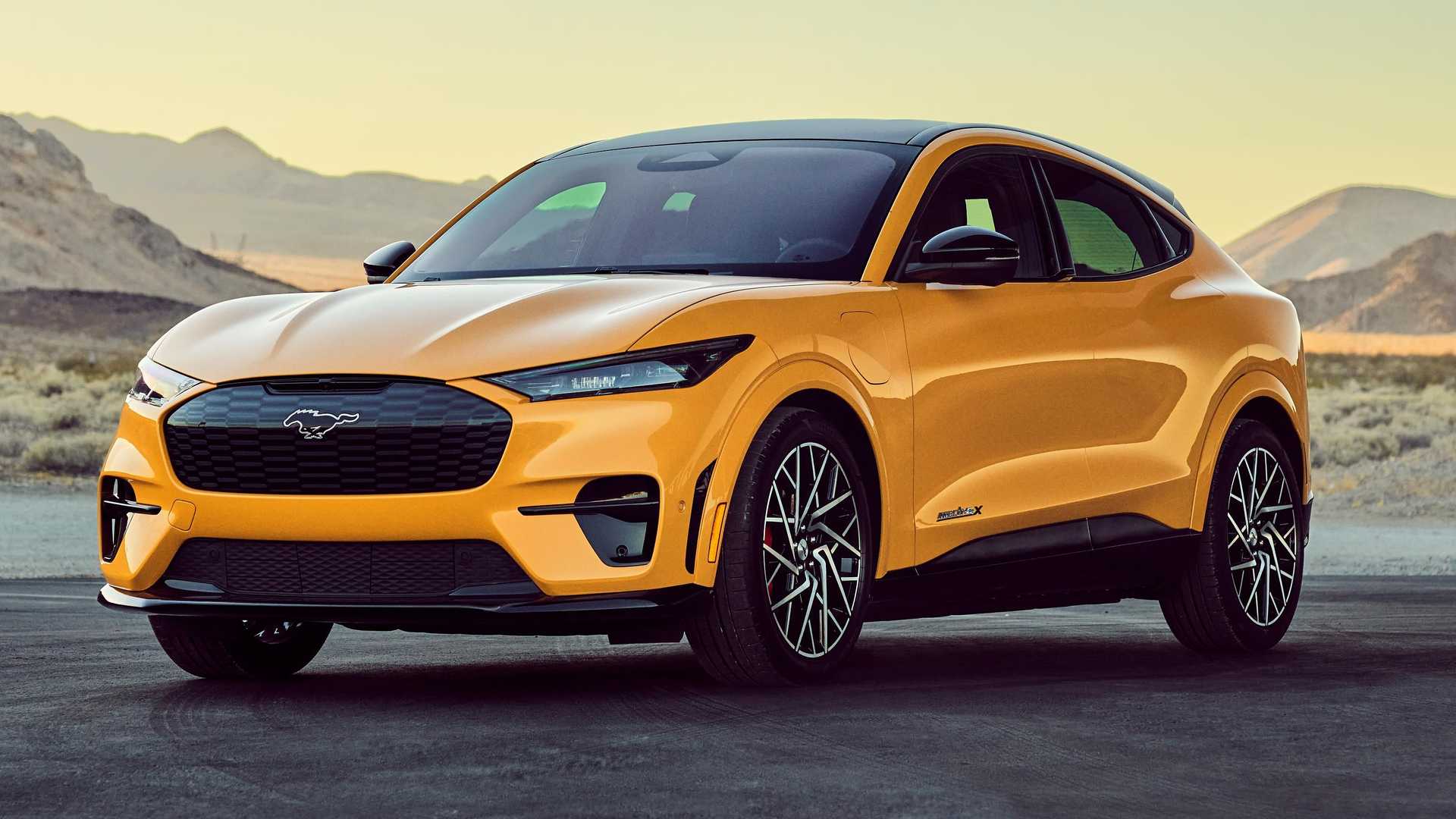The Dongfeng Nano Box is manufactured in the same factory as several other cars in China and shares similar specifications with them, such as the Dacia Spring, Renault City K-ZE, Aeolus EX1, Fengxing T1, Fengguang E1, and Venucia e30. The similarity to the Dacia Spring may make it appear familiar to you.
The Dongfeng Nano Box was launched in July with great success, with a starting price of CNY 65,700 (approximately $9,750 at the time) and receiving over 10,000 orders on the first day. The Nano Box is now even more affordable in China, despite already being priced very reasonably.
The entry-level model of the Dongfeng Nano Box can now be purchased for only CNY 59,700, equivalent to approximately $8,900 or €8,200. There is also a mid-range model available for CNY 61,700 ($9,200, €8,500), and the top-of-the-line version is offered at CNY 64,700 ($9,650, €8,900). This means the most expensive model is now priced lower than the cheapest model was at the car’s debut, making it even more affordable.
The Dongfeng Nano Box, like the Dacia Spring, provides basic features for its price point. It is powered by a single motor that generates 33 kW (45 PS) of power and has a maximum torque of 125 Nm. It can accelerate from 0 to 50 km/h (31mph) in 6 seconds, although no time for reaching 100 km/h is provided. The battery has a 27.2 kWh capacity and can charge from 30% to 80% in 30 minutes.
The interior features a 7-inch instrument cluster display and a 10-inch infotainment screen, along with a dual-color design similar to the exterior. The car has 4 seats arranged in a 2+2 configuration. Its dimensions are 3,732 mm (146″) long, 1,579 mm (62.1″) wide, and 1,515 mm (59.6″) tall, with a wheelbase of 2,423 mm (95.3″).

